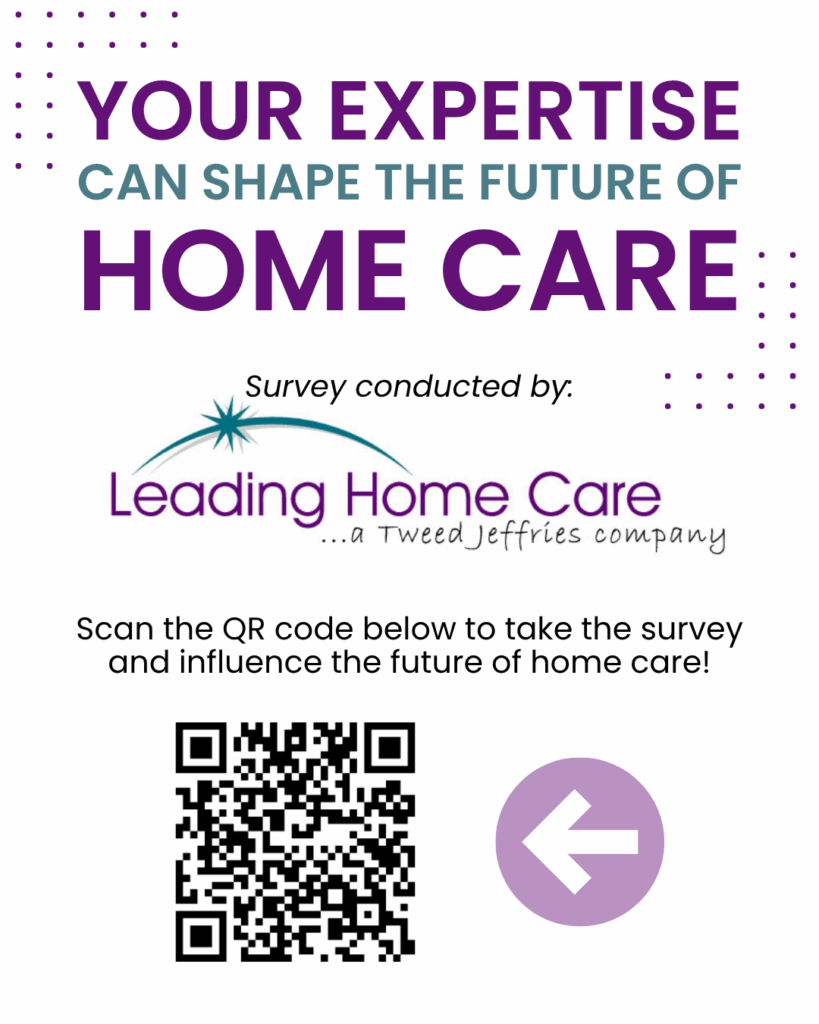Mary St. Pierre, Vice President for Regulatory Affairs, gave us a great update on some of the details of the new PPS formula and it’s impact on agencies. It’s pretty clear that much education will be required to help your home care team understand the implications of this new system, and how their decisions will have financial implications.
As Mary Described it, PPS will use a “four equation mode” to determine your payment for a given episode.
- Early Episodes – first or second
- Late Episodes – third and beyone
- Low Therapy – 0 – 13 therapy visits
- High Therapy – 14 or more therapy visits
There will also be a big bump in payments for episodes with more than 20 therapy visits.
The new formula for determining the payment for an episode will be based on capturing 45 clinical variables that will result in 153 Case-mix groups or HHRGs. This will be applied to five categories of episodes:
- Early Episode ( 1-2) Low Therapy (0 – 13)
- Early Episode (1-2) High Therapy (14 – 19)
- Late Episode (3 +) Low Therapy (0-13)
- Late Episode (3+) High Therapy (14 – 19)
- All Episodes over 20 Therapy visits
The details of this revised system point to the importance of having trained, competent coders on your home care team.
Another important comment that Mary made reinforced what we always say, “What gets measured get managed.” Using research results from Abt Associates, the proposed CMS rule for PPS was written using 2003 data, and the final rule was written using 2005 data.
It appears that there are problems in the some providers did not provide complete and accurate data in their reporting. Thus, the new rule was written using questionable data.
As a home health care leader, it is important for you to stress to your team the importance of capturing data accurately and completely and reporting in correctly. In my experience looking at date, it’s clear that many agencies do not do a good job capturing data at intake, at the point of care, or in other transactions. Part of home health care quality is accurate data.
It’s also important to participate in industry research and surveys so that we have the data to guide good decisions that will benefit our industry, our agencies, and our patients.
What do you think about the revise PPS? Give us your comments below.



